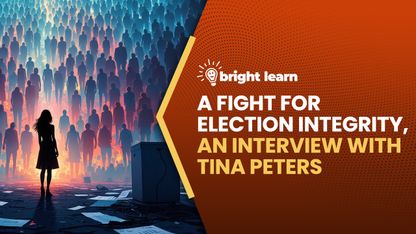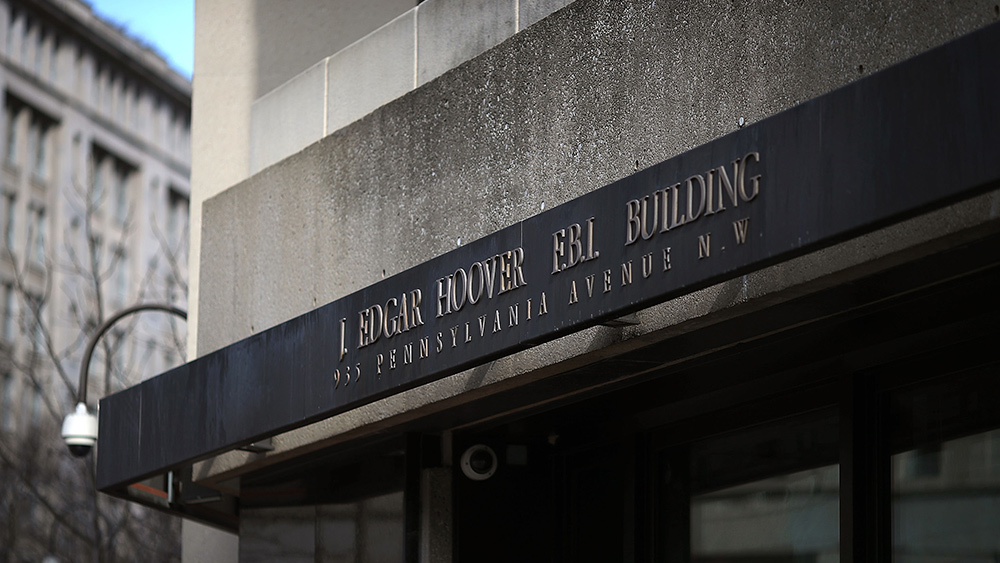
(Article by Richard Moorhead republished from BigLeaguePolitics.com)
Article 2 Section 6, Arizona Constitution states that “Every person may freely speak, write, and publish on all subjects, being responsible for the abuse of that right. “
This differs greatly from the federal constitution in that it doesn’t limit the powers of a legislature to restrict freedom of speech. The US Constitution identifies “Congress” as the body it’s restricting from making a law abridging the freedom of speech.
The speech rights established by the Arizona Constitution are thus expressed positively; recognizing a right belonging to the people, as opposed to negating an infringement of said right.
Quite obviously, the Arizona Constitution was written in an 1910, an era in which the internet would’ve been just as inconceivable as it was in 1789.
In a 2019 Arizona Supreme Court case, the state’s highest court recognized in a 4-3 judgement that the Arizona Constitution provided greater protections than the federal constitution. The case recognized that violations of the First Amendment would represent de facto violations of the

It’s not outside the realm of possibility that the Arizona Attorney General, or state legislature, could hold Big Tech oligarchs to account for violating the Article 2 Section 6 rights of Arizona citizens- especially in a context the major platforms are collectively adjudicated to be acting as a trust in order to suppress competition and silence lawful speech.
Three Arizona legislators called upon Attorney General Mark Brnovich to begin an antitrust investigation into Big Tech oligarchs following the coordinated deplatforming operation against Parler, in which both Amazon and Apple colluded to restrict the free speech platform from the internet.

In an era where the overwhelming majority of free speech is communicated online, the censorious actions of Big Tech very plausibly represent an assault of the right of free expression guaranteed in the Arizona Constitution. Both chambers of Arizona’s legislature remain Republican, even as the state has become purple, and action against Big Tech censorship on the state level could become a real possibility in the coming years.
Read more at: BigLeaguePolitics.com and BigTech.news.
Please contact us for more information.






















